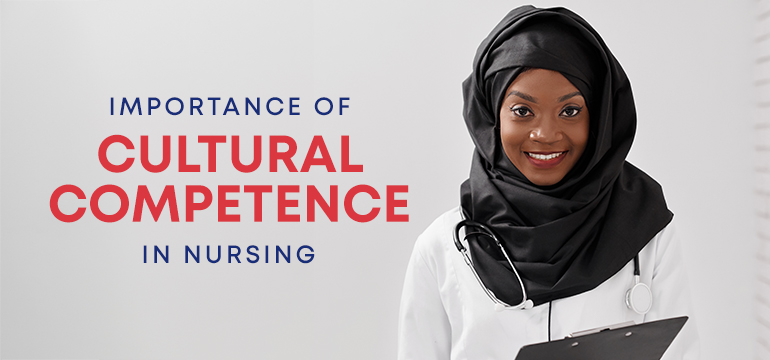The Role of Cultural Competence in Nursing
Apr 19, 2023
This essay explores the role of cultural competence in nursing, the importance of cultural competence for nurses, and how it can be developed.
Cultural competence is an important skill for nurses to develop as it helps ensure that all healthcare providers are providing quality care to all patients. Cultural competence involves understanding and respecting differences in culture and values between patients. It also requires knowledge about different cultures and how to communicate effectively with people from those backgrounds. This allows nurses to provide care that is tailored to individual patients’ needs and preferences, which helps ensure better outcomes for everyone.
Nurses must be knowledgeable about a range of cultures when interacting with their patients. They should understand various customs, religious beliefs, attitudes towards health care services, communication styles, etc., so they can provide appropriate care and accommodate their patients’ needs. Understanding these cultural nuances helps nurses create a positive environment that encourages open communication, builds trust, and enables effective partnerships between the nurse and patient.

Cultural competence also involves recognizing our own biases and assumptions about certain cultures so that we can be more inclusive in our interactions with people from different backgrounds. It is important for nurses to seek out information about various cultures to ensure they understand the experiences of all their patients. Nurses should also strive to be aware of any disparities in health outcomes or access to services that might exist due to racial or cultural differences, as this understanding can help them advocate for change if needed.
Developing cultural competence requires ongoing effort on the part of nurses. They can learn more by engaging in dialogue with their patients, reading up on different cultures, attending cultural events or activities, and taking courses related to cultural competency. It is also important for nurses to stay current on any changes in the healthcare system that might affect underserved populations.
In conclusion, cultural competence is an essential skill for nurses to develop as it enables them to provide quality care to all patients regardless of their backgrounds. Cultural competence requires knowledge and understanding of various cultures and the ability to recognize our own biases when interacting with people from different backgrounds. Developing this skill involves ongoing effort, such as engaging in dialogue with patients, reading up about different cultures, attending cultural events or activities, and staying informed about any changes in the healthcare system.
